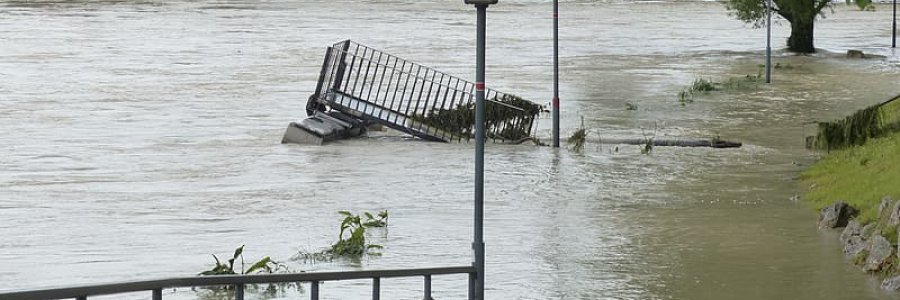Has anyone else noticed that with all the pandemic news, and other disasters, our free market system is actually quite fragile?
Before you dismiss this as a socialist rant let me say I do like free market capitalism and I'm an enthusiastic participant. There's an old saying, originating with Adam Smith I think, that no country with a free market ever has a famine. I've believed that for a long time. But recent events made me look at that idea a little harder,
There has always been a tension between the 'commons' and capitalism. Easy examples we find today are around pollution. No one owns the air so dumping toxins in it as a side effect of making money is no problem for pure free marketeers. It doesn't cost anything to pollute the air but it does cost something to dispose of your waste responsibly, so the choice is obvious. This is why we need regulations. The arguments between capitalists and socialists are mostly around where the line is drawn for those regulations. Even the most rabid capitalists seem to want a publically funded police force and military, even if they dislike the idea of pollution control.
The pandemic has highlighted a new aspect of the 'commons' for most of us: being able to function, to meet with family, friends and colleagues, without risking getting sick. Even if we are not at very great risk ourselves we can catch the illness and pass it on to others who are at risk, such as your elderly grandparent or that cousin with diabetes. But shutting down all the businesses risks collapsing the economy. The free market simply cannot solve this and the answer is radical intervention, usually from the government, to prop things up while we find more permanent solutions.
I live in New Zealand where we took the option of shutting everything down when we had very few COVID-19 cases. Only essential workers were allowed to go to work, and it was very interesting to find out just who counted as essential workers. Health workers, of course, and supermarket workers because people had to buy food. A few others. Everyone else had to work from home or just not work at all. But they would have no wages, how would they pay for rent, food etc? The government brought in several schemes, most notably a wage subsidy. Basically the government would pay the workers through their current employers. The barriers for this were very low. Employers reported getting money on the same day they applied with very little red tape. The whole idea was to make sure people could stay home and not fret about how they were going to survive. The free market cannot do this, it is in fact far too fragile to handle something like a global pandemic.
It made me think about what else the free market cannot help with.
Well, any disaster actually. When you hear about forest fires and floods and earthquakes do you see advertisers, bankers and investment consultants arriving to help out? Maybe later when things have got more stable. Truckloads of donated blankets, medical supplies and rescue workers are what you really see. These come from a mixture of governments and NCOs and often from individual donors. I grant that sometimes there is a hope from some of the donors that there will be some long term benefit, but mostly not. At worst they hope to avoid a long term problem like streams of refugees leaving the problem area. None of this is close to any idea of free market capitalism.
Once things have settled down enough then people restart their businesses and begin making money again. This is good, we want to see this. I think people are basically happiest when they can make a living or at least feel useful. If there were no external aid the survivors would eventually get to that point, but it would take longer, more people would die and everyone would be more miserable than they needed to be. As such it would be wasteful of that human resource.
It is the same with the pandemic. In New Zealand we shut down hard and propped up the economy with borrowed money. We had 100 days with no local transmission of the disease. We've had some more recent outbreaks and we're working to contain those. The result (and it is still early days) seems to be that our economy is not hit so very hard as we expected. Businesses dependent on overseas visitors are struggling because with few exceptions there are no visitors. Many others are doing okay. Though there is a lot of uncertainty around this latest outbreak and the kinds of businesses that have to close again because of it, such as cafes and gymns, are looking hopefully at the governments' plans for helping them.
Because that's what has to happen in a crisis. The free market is way too fragile to cope without a socialist injection of aid.
 Roger Parkinson
Roger Parkinson
